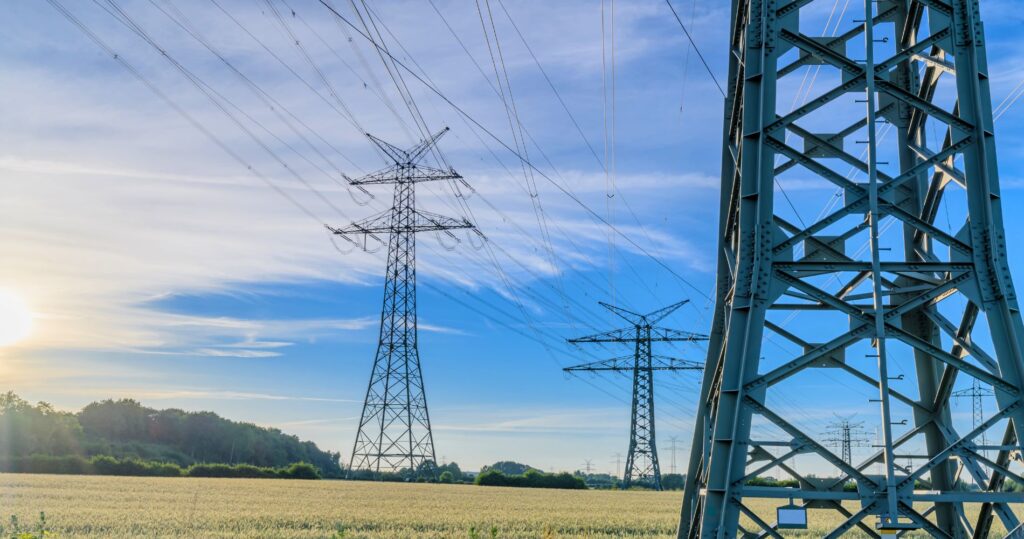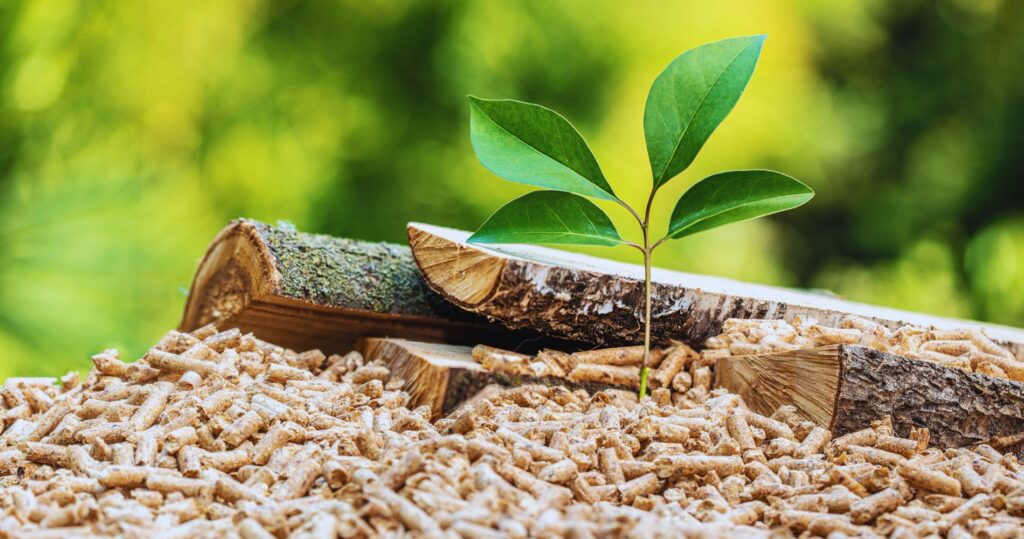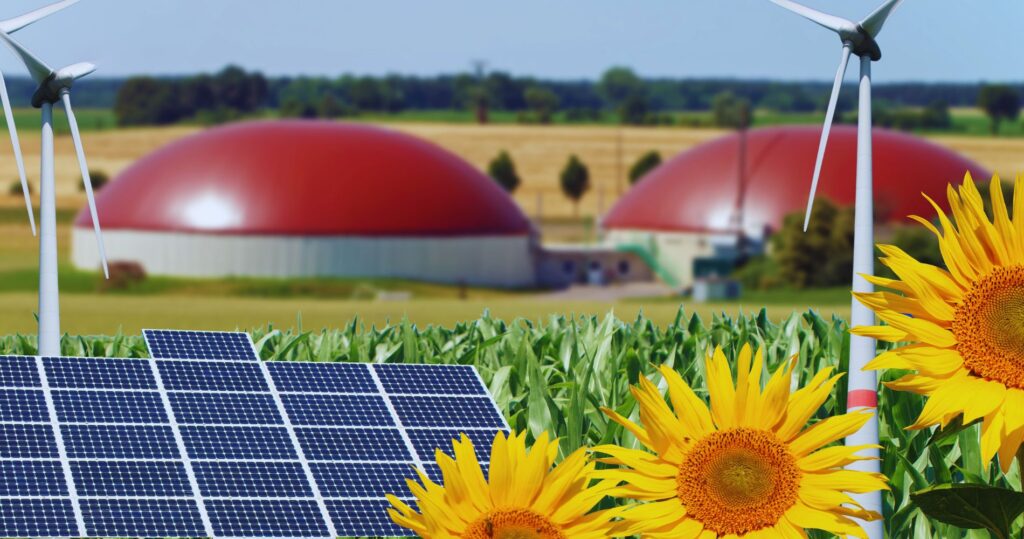The debate on climate change and energy transition is crucial at a time when we face unprecedented environmental challenges. This article examines the urgent need for international collaboration to address these challenges and explore the opportunities offered by the transition to cleaner, more sustainable energy sources.
In 2023, Brazil reached important milestones in energy generation from biomass, with an average of 3,218 MW generated, equivalent to 4.6% of national energy consumption. This record, reported by CCEE, surpassed the previous one from 2020 (3,140 MWm), reflecting the continued growth and importance of biomass in the Brazilian energy mix.
In 2023, biomass consolidated its position as one of the main sources of renewable energy in Brazil, contributing significantly to the diversification of the national energy matrix. Its integration into the National Interconnected System (SIN) was driven by the record generation of 3,200 average MW, a milestone that highlights not only the energy potential of this source, but also its relevance for the country's energy security and environmental sustainability.
Brazil has stood out on the global stage as one of the leaders in the energy transition to more sustainable sources, particularly in the development and use of biofuels and the electrification of transport. The new industrial policy launched by the federal government highlights biofuels and electric vehicles as priorities, aiming for a cleaner and more sustainable transport energy matrix.
RenovaBio, an ambitious Brazilian government program aimed at promoting biofuels, celebrates four years of existence facing divided opinions. On the one hand, fuel distributors request adjustments, arguing insufficiencies in the program. On the other hand, the Brazilian Biogas Association (ABiogás) praises the success of RenovaBio, highlighting its positive impacts on the environmental sector and the economy.








